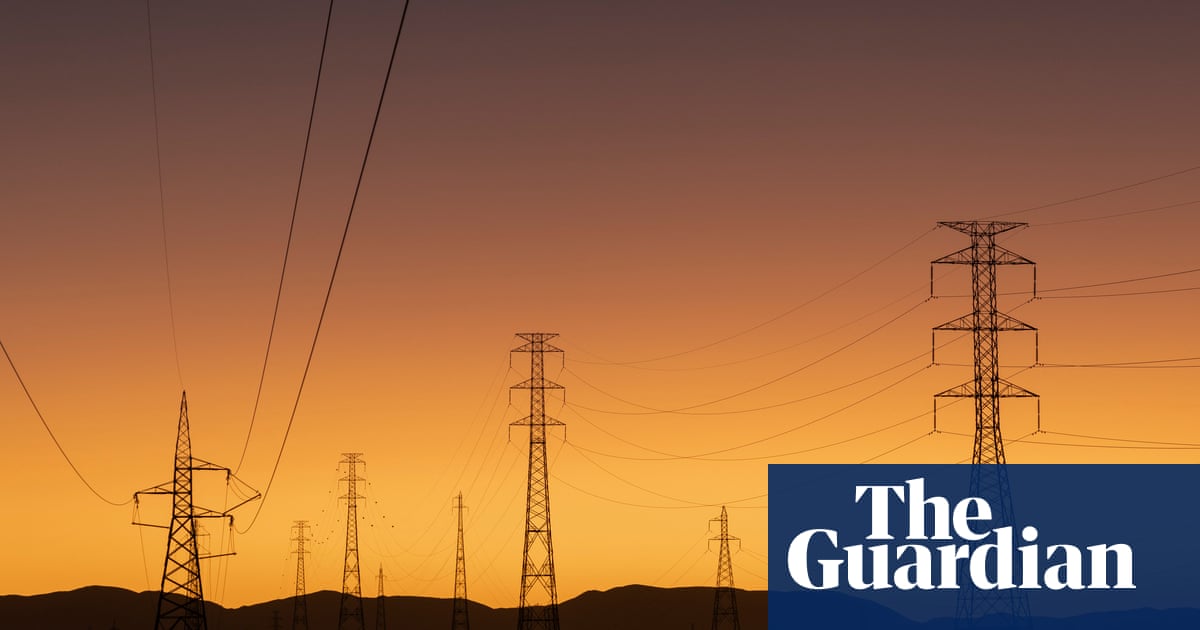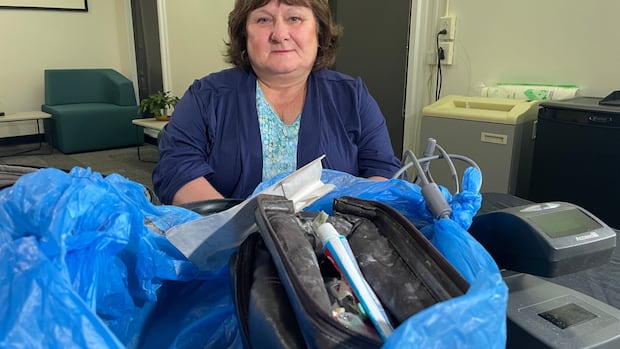Energy Australia Faces Landmark Legal Action Over Greenwashing Allegations

A significant legal case is set to commence involving Energy Australia, one of the nation’s largest providers of electricity and gas. The company has been accused of engaging in “greenwashing,” a practice that misleads consumers regarding environmental benefits. On Wednesday, Energy Australia will appear in federal court, responding to allegations brought forth by the activist group Parents for Climate. This group claims that the energy giant misled more than 400,000 of its customers concerning its “Go Neutral” product, which was marketed as environmentally friendly.
This case marks a pivotal moment in Australia, as it is the very first of its kind where a company faces legal scrutiny for its “carbon neutral” marketing practices. The implications of this case reach far beyond just Energy Australia; it raises broader questions about corporate responsibility and environmental accountability in Australia’s energy sector.
So, what exactly is greenwashing? According to Erin Turner, the chief executive officer of the Consumer Policy Research Centre (CPRC), greenwashing occurs when a company makes claims or insinuates actions to benefit the environment, yet fails to follow through. Turner emphasizes that research conducted by the CPRC indicates that some companies go as far as lying or misleading consumers, while others rely on ambiguous claims or the use of green imagery to suggest that a product is more environmentally friendly than it actually is. Alarmingly, a survey conducted by Parents for Climate revealed that 43% of respondents had encountered instances of greenwashing from their energy providers, banks, or superannuation funds.
The issue of greenwashing is not just a matter of corporate ethics; it also poses a significant challenge to consumers. Turner points out that greenwashing can confuse consumers, particularly when high-polluting industries exhibit advertisements boasting about their environmentally conscious initiatives. She underscores the importance of clarity in environmental claims, as vague language can undermine the protections that Australian Consumer Law offers against misleading practices.
Despite existing consumer protection laws, the ambiguous language that some companies employ can evade accountability. Turner advocates for stronger protections specifically designed to prevent companies from making green claims without substantiating their commitments. In contrast, the European Union has taken a more assertive stance by adopting a “green claims directive.” This legislation requires member states to enact laws that introduce protective measures against greenwashing, including stringent verification requirements for claims of environmental friendliness.
In 2023, the Australian Competition and Consumer Commission (ACCC) released guidelines intended to help businesses make truthful environmental claims. However, Parent for Climate argues that these principles remain open to interpretation and that the federal government ought to take more decisive action.
What are the specifics of the allegations against Energy Australia? The legal action initiated by Parents for Climate in 2023 contends that the company misrepresented its “Go Neutral” product by suggesting that customers’ electricity and gas consumption would be carbon neutral, thanks to the purchase of carbon credits aimed at offsetting pollution. David Hertzberg, the lead attorney for the case, asserts that the core argument will challenge Energy Australia’s marketing practices as misleading or deceptive. This, he argues, is a direct violation of the Australian Consumer Law, as the burning of fossil fuels inevitably produces emissions that cannot be permanently removed by carbon offsets.
Energy Australia maintains participation in the federal government’s Climate Active certification scheme. A significant portion of the carbon credits it has acquired comes from international projects, alongside a carbon farming initiative focused on planned burning in the Kimberly region of Western Australia.
The Climate Active certification scheme allows companies to report their emissions and offsets, thereby marketing their products as carbon neutral. However, Nic Seton, the chief executive of Parents for Climate, expresses concern over the quality of offsets that companies can purchase, arguing that many of these offsets do not effectively contribute to a net reduction in emissions. He points out that certain offsets, termed “avoidance credits,” merely claim to avert future emissions without genuinely removing carbon from the atmosphere. “The way companies are utilizing offsets to substantiate their carbon neutral claims is potentially misleading,” Seton argues. “It’s a classic case of creative marketing at its worst, leading to a license to pollute.”
In the past two years, over 100 companies have reportedly exited the Climate Active scheme, including notable names such as Australia Post, Telstra, and PwC. In response to these developments, the federal environment department has indicated that it is reevaluating the direction of the Climate Active program. For now, a spokesperson has affirmed that the program continues to operate normally, certifying entities that meet the existing requirements.
In an effort to address the legal challenge, Energy Australia ceased offering the “Go Neutral” option to new customers immediately after the Parents for Climate legal filing. Currently, the company is in the process of phasing out the “Go Neutral” product for existing customers, stating on its website, “We’ve made a commercial decision to close Go Neutral while we focus on reviewing and updating our plan to help customers reduce their emissions.” A spokesperson for Energy Australia expressed hope that collaboration with Parents for Climate will lead to a resolution. They reaffirmed the company’s commitment to decarbonization through investments and initiatives that facilitate the transition to clean energy, emphasizing their role in helping customers lower their emissions.


















